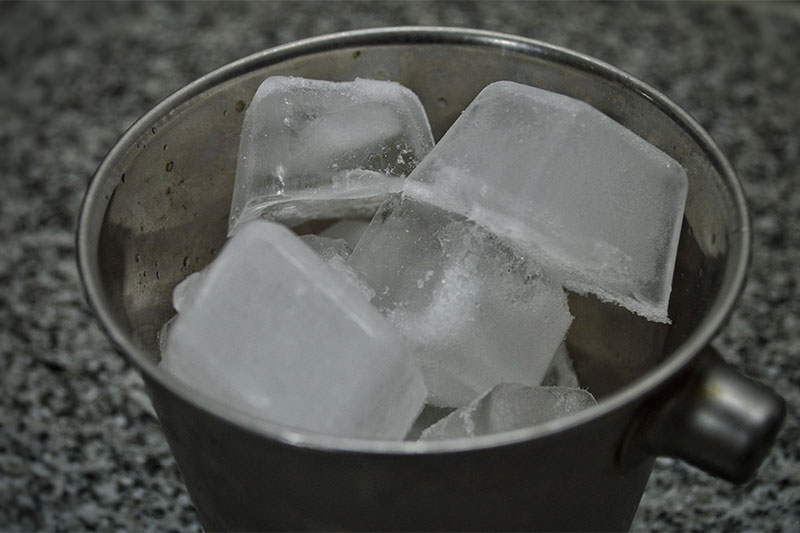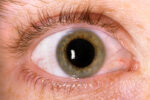When it is in the middle of a hot summer day and you don’t have access to a swimming pool, it is normal to want to load up your summer drinks with ice. You are desperately needing to cool down and that is a sure way that you can cool off after getting that cold frozen water into you. However, if you are finding yourself craving ice that goes beyond needing to cool off on a hot, summer day, or even if you are craving ice in the middle of winter – there is a concerning reason.

And not only do you just want a few ice cubes in your drinks when you are truly craving ice. You want to chew up as many as you can from ice cube trays in the freezer. If you are craving ice and needing to chew it up, then that is a sign of pica. Pica is a condition when you eat non-edible items due to nutrient deficiencies. Even though ice is technically edible as it is just frozen water, it is not something that is normally eaten on its own. And you often hear pica involving having a craving for non-edible items such as sand, cornstarch, and even clay. And those items are non-edible for a reason. They don’t have nutritional value, but that does not stop the cravings from happening.
However, when it comes to having the need to eat ice, in particular, you could be suffering from anemia. In fact, this type of pica when it comes to eating just ice is known as pagophagia. And pagophagia happens when you are dealing with an iron-deficient type of anemia.
How Does Eating Ice Help Patients With Anemia?
Anemia happens when there is a low red blood cell count and that means there is not enough hemoglobin in the body. And if there is not enough hemoglobin, then there is not as much oxygen that can be transported through the body and you need that oxygen in order to keep your muscles and cells alive and strong. The most common symptoms of anemia are fatigue, poor concentration, as well as shortness of breath. The shortness of breath happens is because of the fact that the low red blood cell count is the reason you don’t have enough oxygen in the body. And you need to breathe in that extra oxygen which causes the heart to pump extra hard to send out as many red blood cells as it can.
And the reason that anemic people have a craving for ice is that the ice is the thing that is there to wake them up, and it helps to increase the oxygen to the brain. Therefore, they feel more alert so they can concentrate and remember things better. However, this is a short-term solution, and chewing ice is not a good habit to get into.
How is Ice-Chewing A Bad Habit?
The problem with continuous ice chewing is that it can ruin and damage the teeth and jaws. Therefore you will also end up with plenty of dental damage if you are consistently chewing ice and your jaw can easily end up out of alignment. You do not want to chew ice and you will need to get to the bottom of the cause for anemia instead which will stop the ice cravings.
What Can Be Done To Treat Anemia?
The first thing that you need to do in order to have anemia treated is to have blood work done if you suspect you have anemia based on the symptoms you have. And a simple blood test will reveal if you are anemic or not. If your iron count is low, then you are anemic and you need to take in more iron.
Foods such as meat, especially red meat, leafy greens, nuts, and legumes are rich in iron. However, you still need to take a supplement of iron, especially if you are a vegetarian or a vegan. If you take a daily iron supplement in addition to eating iron-fortified foods, then you will be able to get your red blood cell count up to normal. And you will stop craving ice.
If you are craving ice and you are feeling fatigued, and you find yourself struggling to catch a breath, then you need to make that appointment with your doctor as soon as possible. You are likely anemic.



